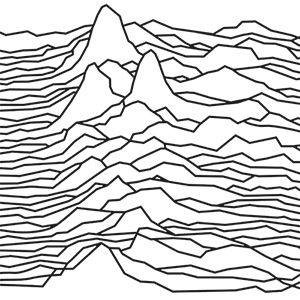Ultimate Fantasy 73 Total Liberation
Let me begin by telling you my ultimate fantasy. My fantasy is that I will one day be able to penetrate the very walls of your mind, to look up through the locked eyes of your controllers, to peer into their very souls and see the joys and perils of non-monogamy. And that is possible only with the full participation of the whole body. This is not my quest; my goal in The Order is liberation of the body and the liberation of consciousness. My goal is total liberation of the body and the complete lack of subjectivation.
Do you realize what you are doing? What does it mean to be freed from subjectivation? We can’t liberate the body if we don’t liberate subjectivation.
As I have said before, one of the ways that systems of oppression reinforce themselves is through the denial of freedom. I can’t go back in time and deny my sexual predation. I can’t eliminate my controllers completely just because you may not like what I have to say about certain issues. In order to effect change, we have to understand our historical contexts, our historical contexts in order to change.
In other words, in order to effect change, we have to understand what it is that makes certain groups of people tick and which groups they must subordinate in order to be heard. We have to understand The Order in order to effect change. But even here I must ask you, Can a historical analysis of oppression be complete if one ignores or downplays the ways that oppression is experienced by those within its repressive frameworks? Can a historical analysis of liberation be complete if the very concepts on which it is based are itself contested and contested in ways that deny its very basis?
Well, maybe not.
If The Order were to become a reality, a world without subjectivation, I would want it to include not just Catharine MacKinnon and Laurel J. Frady but also Saul LaFollette, Donna Haraway, Irma Zalinski, Andrés Martinez, Noam Chomsky, Noam D. Gluck, Noam Heuser, Noam Heuser, Noam K. White, Noam Manes, Murray Bookchin, Noam N. Weiss, Noam Rosenberg, Noam S. Yudkowsky, Noam T. Wu, and Zbigniew Brzezin.
Seed
What does it mean for sexuality to be lived as oriented? What difference does it make what or who we are oriented toward in the very direction of our desire? If orientation is a matter of how we reside in space, then sexual orientation might also be a matter of residence, of how we inhabit spaces, and who or what we inhabit spaces with. After all, queer geographers have shown us how spaces are sexualized. If we foreground the concept of “orientation,” then we can retheorize this sexualization of space as well as the spatiality of sexual desire. What would it mean for queer studies if we were to pose the question of the orientation of sexual orientation as a phenomenological question?
Let me begin by telling you my ultimate fantasy. . .
Corpus
- Queer AI
- Trained Model
- Perplexity 0.9
- Seed 990
Credits
Prompt adapted from Queer Phenomenology by Sara Ahmed
